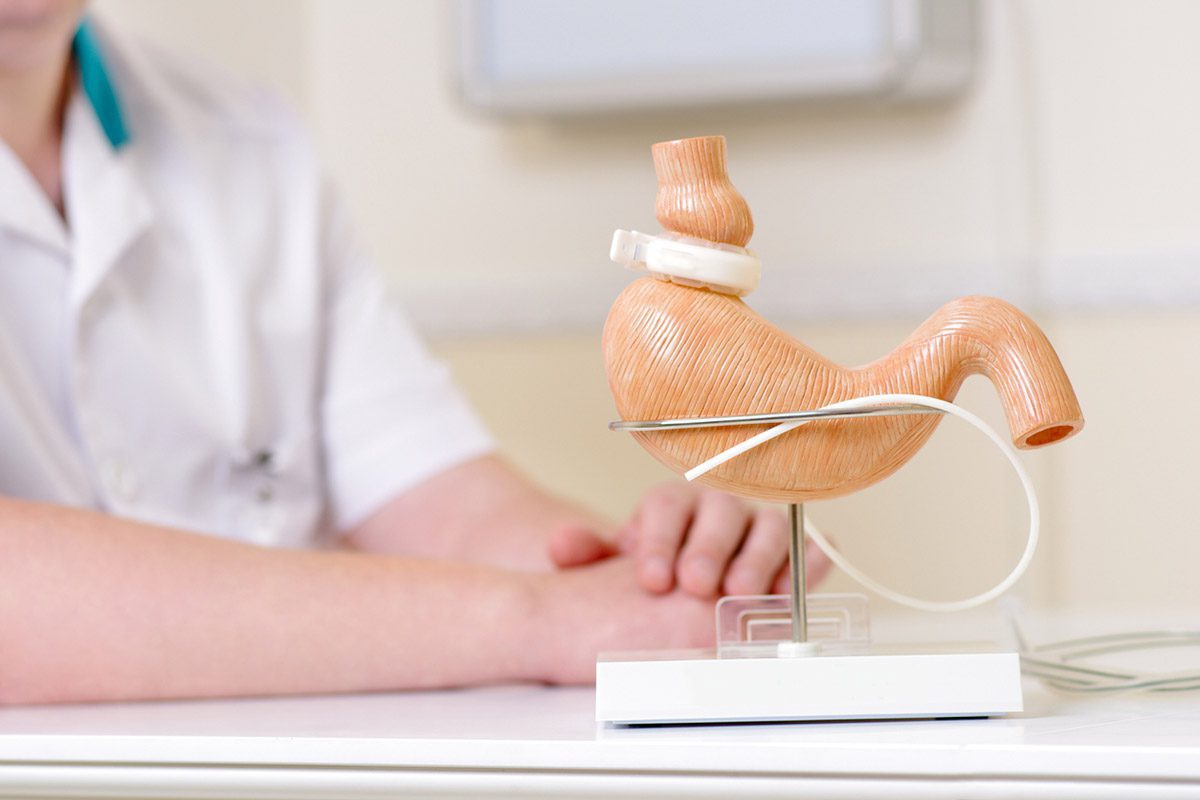Because this piece does not have an abstract, we have provided for your benefit the first 3 sentences of the full text.
To the Editor: We thank Swainson and Khullar for their comments on our recent review on oral ketamine for depression. Swainson and Khullar comment that their clinical experience with sublingual (SL) ketamine differs from the results of our systematic review. They make an important comment on the differences in bioavailability of SL versus oral ketamine, as we have commented on previously as well.
See letter by Swainson and article by Rosenblat et al
Drs Rosenblat and McIntyre Reply
To the Editor: We thank Swainson and Khullar for their comments on our recent review on oral ketamine for depression.1 Swainson and Khullar comment that their clinical experience with sublingual (SL) ketamine differs from the results of our systematic review. They make an important comment on the differences in bioavailability of SL versus oral ketamine, as we have commented on previously as well.1,2 They go on to suggest that the response rate to SL ketamine may be similar to that of intravenous (IV) ketamine.
While we appreciate these comments and clinical observations, we are troubled by the conclusions of the letter that are unsubstantiated by the information presented by the authors. The authors comment based on their clinical experience that “tolerability has been excellent [with SL ketamine]. Efficacy has yielded response approximately one-third of the time, in keeping with response rates for IV ketamine.” However, no clinical data are presented by the authors, as they do not comment on how many patients they have treated, the level of treatment resistance (eg, number of antidepressant failures), suicidality, concomitant treatments used, or the time to onset of antidepressant effects.
Clinical observations are incredibly important and have historically led to the discovery of many important interventions in psychiatry. However, caution is still needed in placing too much weight on clinical observations in the absence of replicated evidence. Moreover, clinical observations described in brief letters to the editor have at times had profound negative impacts by creating false assumptions that are perpetuated over time as clinical lore.3,4 As such, we must be extremely cautious in making any assumptions about the risks and benefits of SL or oral ketamine based on clinical experience alone in the absence of scientific evidence.
Taken together, we stand firmly by our conclusions that oral ketamine should not be recommended; the presented information by Swainson and Khullar, along with the papers reviewed in our original systematic review, do not support the use of oral ketamine. We agree that more research is certainly needed and merited as the convenience, availability, and scalability of oral/SL ketamine would be much better than those of IV. However, patients should not be routinely exposed to an untested, potentially hazardous treatment simply because it is more convenient or accessible. In difficult, exceptional cases, if SL ketamine is prescribed off-label, providers would need to have a very clear and explicit conversation about the limits of available data; providers should not suggest to patients that this treatment has already been shown to be generally safe and effective, as this has yet to be established.
Notice of correction 2/19/2020: The conflict of interest statement now reflects that Dr McIntyre is the director of and Dr Rosenblat is a staff psychiatrist at a clinic that administers intravenous ketamine and that Dr McIntyre has been on advisory boards and/or received honoraria for educational activities and/or research grants from Takeda, Neurocrine, Allergan, and Sunovion.
aDepartment of Psychiatry and the Mood Disorder Psychopharmacology Unit, Poul Hansen Family Centre for Depression, Toronto Western Hospital, University of Toronto, Toronto, Ontario, Canada
Published online: January 28, 2020.
Potential conflicts of interest: Dr Rosenblat is a staff psychiatrist at a clinic that administers intravenous ketamine. Dr McIntyre has been on advisory boards and/or received honoraria for educational activities and/or research grants from AstraZeneca, Bristol-Myers Squibb, Janssen-Ortho, Eli Lilly, Forest, Lundbeck, Pfizer, Shire, Merck, Sepracor, Otsuka, Takeda, Neurocrine, Allergan, and Sunovion and is the director of a clinic that administers intravenous ketamine.
Funding/support: None.
J Clin Psychiatry 2020;81(1):19lr13146a
To cite: Rosenblat JD, McIntyre RS. Drs Rosenblat and McIntyre reply. J Clin Psychiatry. 2020;81(1):19lr13146a.
To share: https://doi.org/10.4088/JCP.19lr13146a
© Copyright 2020 Physicians Postgraduate Press, Inc.
References
1.Rosenblat JD, Carvalho AF, Li M, et al. Oral ketamine for depression: a systematic review. J Clin Psychiatry. 2019;80(3):18r12475. PubMed CrossRef
2.Rosenblat JD. Potential differences in antidepressant effects of oral ketamine liquid suspension versus compounded capsules. Br J Psychiatry. 2019;215(1):434. PubMed CrossRef
3.Porter J, Jick H. Addiction rare in patients treated with narcotics. N Engl J Med. 1980;302(2):123-123. PubMed CrossRef
4.Leung PTM, Macdonald EM, Stanbrook MB, et al. A 1980 letter on the risk of opioid addiction. N Engl J Med. 2017;376(22):2194-2195. PubMed CrossRef
This PDF is free for all visitors!





